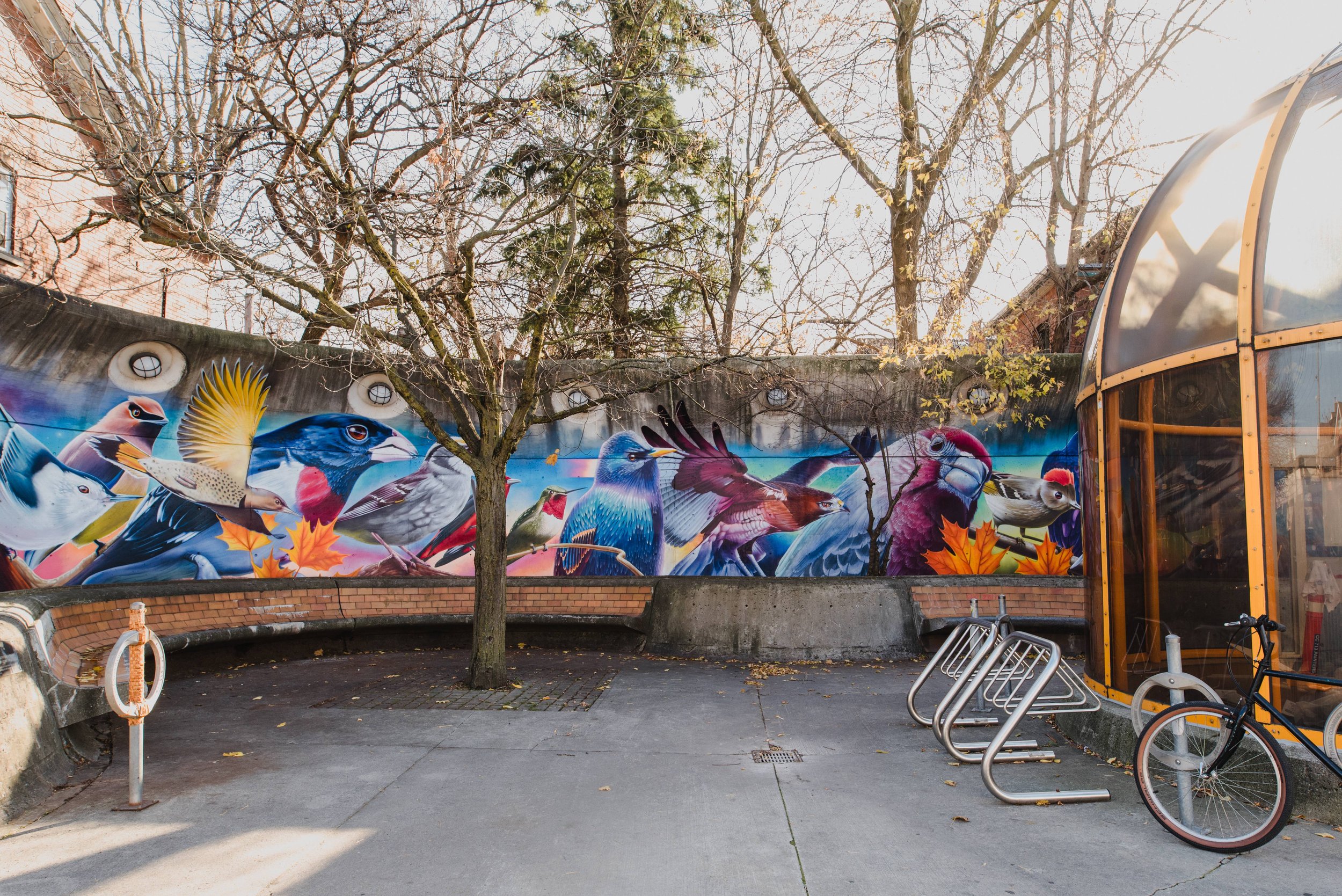Let's go for a walk!
I've sometimes imagined 3 Books as a long walk with a friend. So today—let's take one! Nickisha moved to Toronto from Jamaica when she was 16 to reunite with her mom and after working as a travel agent she broke out on her own to run a successful business full of fresh air, exercise, community, and lots of love.
I sometimes see Nickisha with five, six, or seven dogs around her—giving them the highlight of their day! Tongues wagging. Skip in their step. Motoring around town clocking 100km on foot each week!
One of our traditions on 3 Books is doing podcasts outside from Chapter 27 with Robin the Bartender on the open patio of Bar Raval in Toronto to Chapter 106 with Alok Vaid-Menon in Central Park in New York City to Chapter 131 with J. Drew Lanham while birdwatching in South Carolina...
Another tradition here is exploring stories from people who fill our lives but aren't often represented by our screen-based culture full of politicians and billionaires. We vote with our attention so it's fun turning off the same faces to hang with people like Vishwas the Uber Driver, Shirley the Nurse, and Soyoung the Variety Store Owner.
So strap on your running shoes! Throw in some headphones! And let's go for a walk with Nickisha to discuss urban density, pedestrian-driver relations, safe supply, the dog walking business, immigration assimilation, Danielle Steele, and, of course, Nickisha's 3 most formative books.
Let's flip the page to Chapter 147 now...
Chapter 147: Nickisha the Dog Walker on dangerous drivers and dog doo diligence
View full transcript here
CONNECT with NICKISHA
NICKISHA’s 3 Books
First book (23:20)
Second book (24:45)
Third book (1:25:43)
Fourth Book (1:25:56)
WORDCLOUD OF THE CHAPTER
Quotes
“Don’t chase them. When you start chasing them they think it’s a joke.” — Nickisha the Dog Walker | 3 Books Podcast
“The only season I like is summer...I’m actually miserable most days.” — Nickisha the Dog Walker | 3 Books Podcast
“I don’t see why cyclists and drivers can’t co-exist.” — Nickisha the Dog Walker | 3 Books Podcast
“He was 100 feet away from me and he sped up.” — Nickisha the Dog Walker | 3 Books Podcast
“And people said that to me, too, just because I've kind of lost my Jamaican accent because I, quote unquote, assimilated. And I don't like it.” — Nickisha the Dog Walker | 3 Books Podcast
“I'm sad by the world that we're living in now. I hate all the racist rhetorics. I hate all the anti-immigrant talk. It bothers me because I'm an immigrant. So yes, I'm speaking that personally. And they may not be talking about me. I understand that. But it's still, it's still hurtful to me here.” — Nickisha the Dog Walker | 3 Books Podcast
“People just need to mind their business.” — Nickisha the Dog Walker | 3 Books Podcast
“Just be kind in a world where there is so much hate and so much weird things going on. Just be kind. You never know how someone will feel.” — Nickisha the Dog Walker | 3 Books Podcast
Show Notes
‘Born a Crime’ by Trevor Noah



























